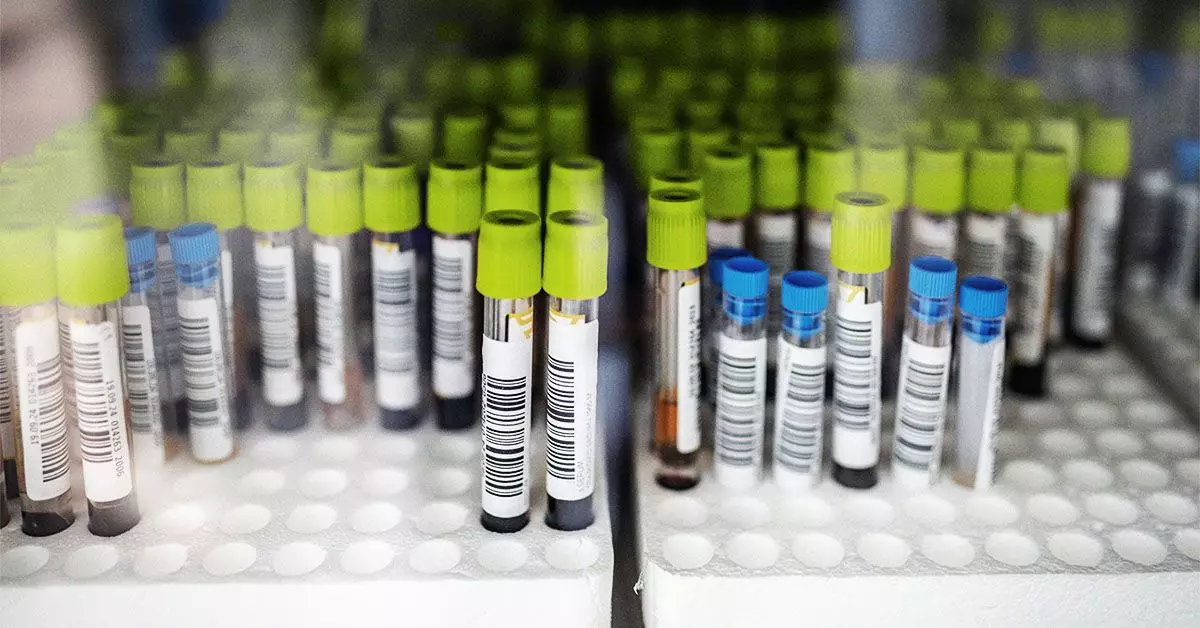Philadelphia-positive acute lymphoblastic leukemia, commonly referred to as Ph+ ALL, is a distinctive and serious subtype of acute lymphoblastic leukemia (ALL). This particular form of leukemia prominently affects the blood and bone marrow, leading to various health complications. The abnormality at the chromosomal level, specifically the Philadelphia chromosome, sets Ph+ ALL apart from other leukemia types. This article delves into the characteristics, symptoms, diagnostic methods, and treatment avenues associated with Ph+ ALL.
Ph+ ALL manifests through various symptoms that are generally aligned with those seen in other variants of ALL. The overproduction of immature white blood cells, known as blast cells, leads to a decreased space for normal blood cells in the bone marrow. Consequently, patients may experience symptoms that include extreme fatigue, frequent infections, unexplained bleeding or bruising, and sudden weight loss. Other common indicators might encompass fever, night sweats, and bone or joint pain. It’s crucial for individuals experiencing these symptoms to seek a professional medical evaluation, as such signs may also point to different underlying conditions.
A significant factor that distinguishes Ph+ ALL is its genetic foundation, primarily characterized by the presence of the BCR-ABL1 fusion gene. This genetic alteration occurs due to the translocation of parts of chromosomes 9 and 22, resulting in the Philadelphia chromosome. The BCR-ABL1 fusion gene leads to the excessive production of tyrosine kinase, a protein that disrupts the normal regulatory mechanisms of cell growth and survival. Understanding this genetic backdrop is crucial for comprehending how Ph+ ALL develops and progresses.
Diagnosing Ph+ ALL involves a comprehensive approach that encompasses several tests to ascertain the presence of leukemia as well as its specific subtype. One of the standard initial assessments includes a complete blood count (CBC), which provides vital insights into the levels of red and white blood cells as well as platelets. Following a CBC, doctors often recommend bone marrow aspirations and biopsies to evaluate the cellular architecture of the marrow. Furthermore, advanced biomarker testing is essential for confirming the presence of specific chromosomal and genetic abnormalities associated with Ph+ ALL.
Biomarker tests may involve techniques such as immunophenotyping, cytogenetic analysis, fluorescence in situ hybridization (FISH), and polymerase chain reaction (PCR). Each of these tests contributes detailed information on the characteristics of the leukemia cells, subsequently guiding treatment decisions. Sequentially, next-generation sequencing has emerged as a pivotal tool in identifying smaller genetic mutations, offering a more precise landscape of the disease.
The management of Philadelphia-positive acute lymphoblastic leukemia has evolved significantly over the past decade, primarily thanks to the advent of targeted therapy. The cornerstone of Ph+ ALL treatment involves tyrosine kinase inhibitors (TKIs), which gracefully interrupt the pathways activated by the overproduction of tyrosine kinase. Commonly prescribed TKIs include imatinib, dasatinib, and nilotinib, often used in conjunction with traditional chemotherapy regimens.
The primary aim of this multifaceted treatment approach is to achieve molecular remission, where sensitive laboratory tests indicate no presence of the leukemia cells in the bone marrow, even beyond the typical observable levels. The integration of conventional chemotherapy alongside TKIs is strategic, as chemotherapy focuses on reducing the overall cancer burden while TKIs block the specific pathways that drive the disease.
Ph+ ALL presents considerable challenges, given its prevalence primarily among adults and the complexities in managing its symptoms and associated complications. While advancements in diagnostics and treatment have considerably improved prognosis for many patients, ongoing research remains vital. It is through continual exploration of targeted therapies and improved chemotherapeutic strategies that healthcare professionals can enhance outcomes and potentially find curative solutions.
Patients newly diagnosed with Ph+ ALL must engage in open conversations with their healthcare providers regarding their treatment options and supportive care. Support systems, education, and patient activism play imperative roles in navigating the journey of living with this serious illness. As understanding deepens, both the medical community and patients can work towards improved management strategies and a more robust future for those affected by Philadelphia-positive acute lymphoblastic leukemia.

